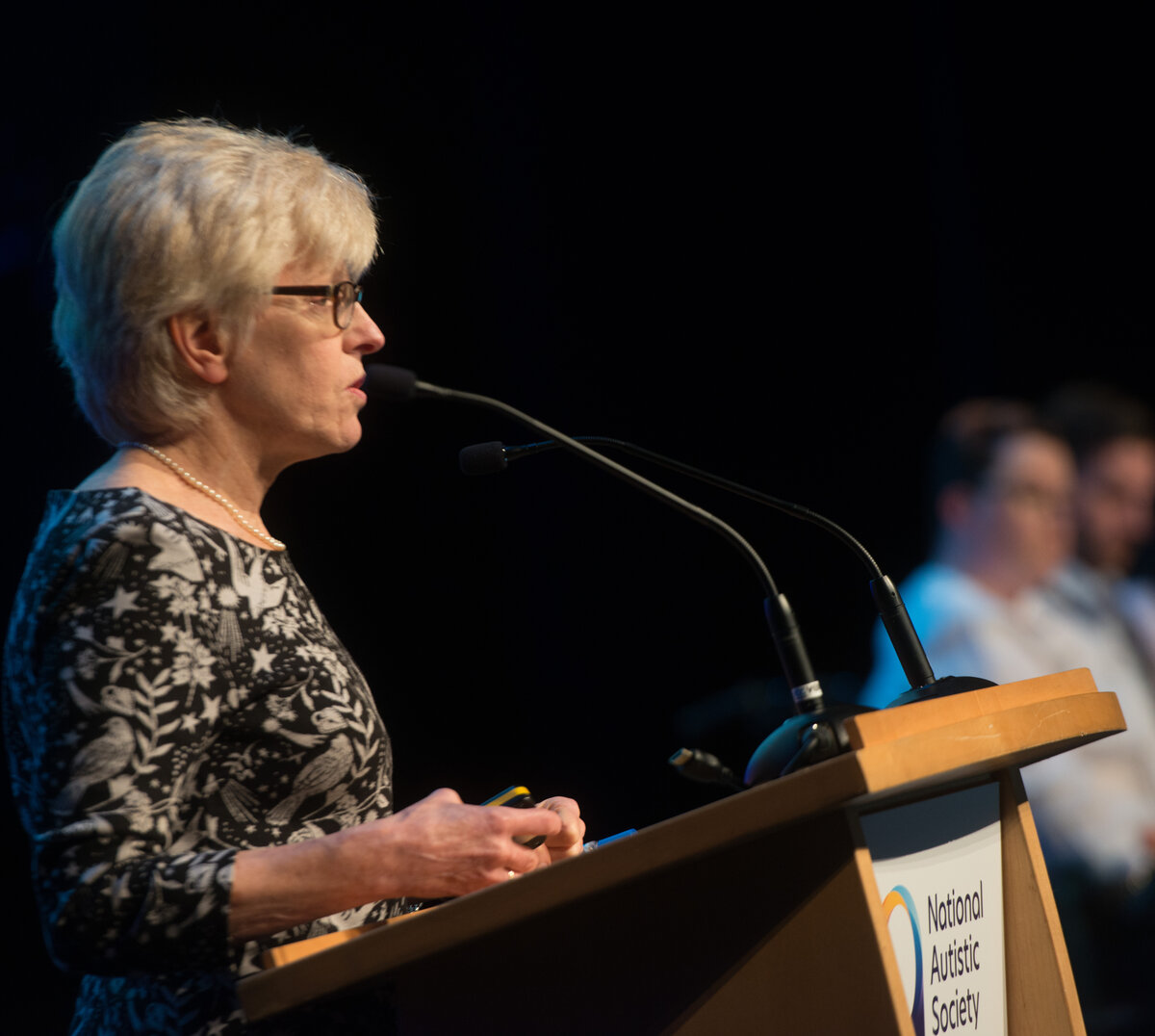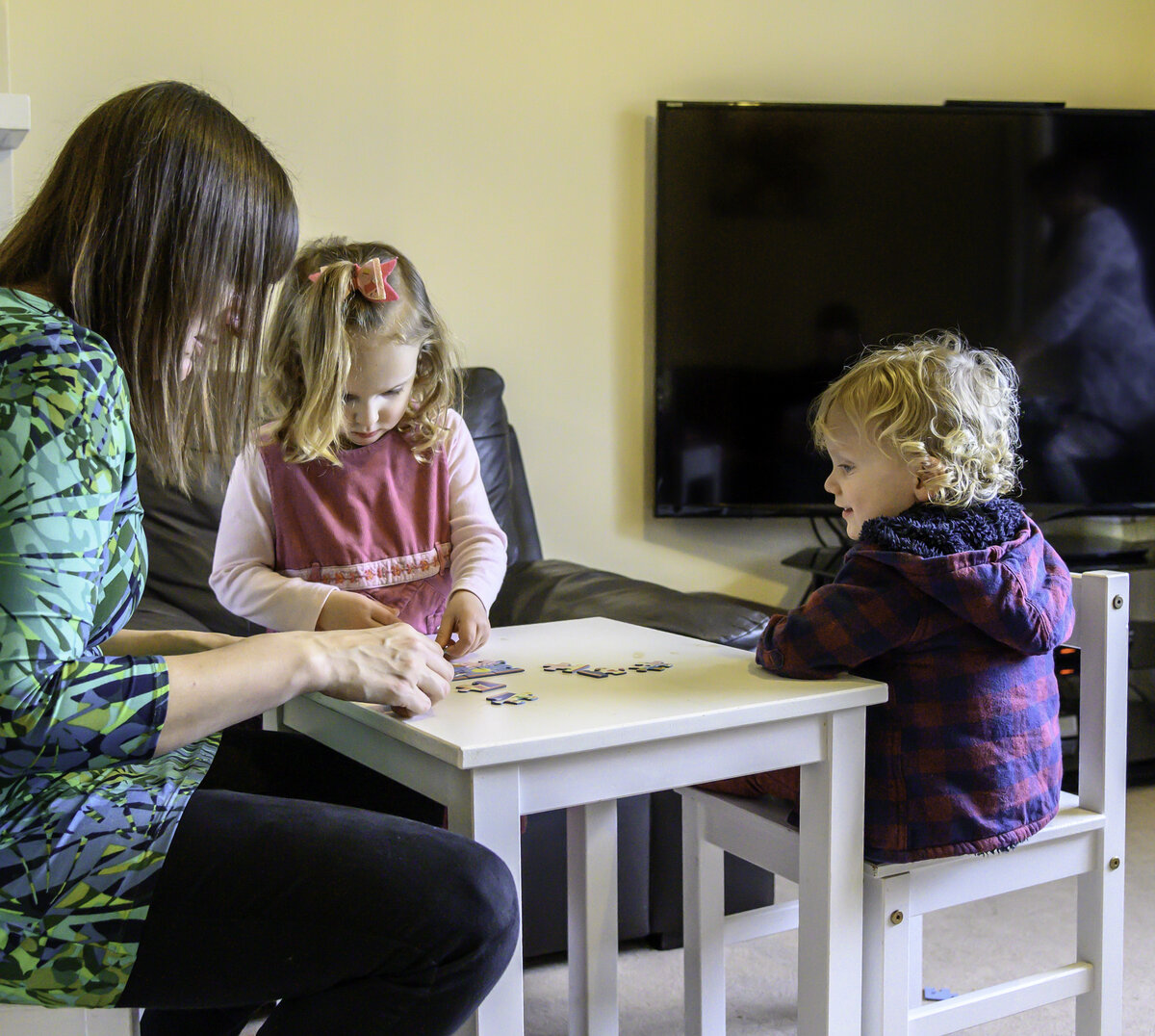Researching autism and ageing
Published on 05 September 2017
Author: Rebecca Charlton
Rebecca Charlton, Senior Lecturer in Psychology at Goldsmiths, University of London, explores some of the challenges in researching ageing in autistic people and discusses what the research has found so far.
Although autism is a life-long diagnosis, it is only recently that attention has extended across the adult lifespan. Most autistic individuals are adults (an estimated 500,000), yet we know surprisingly little about this period of life. Questions about how autistic people may change through adulthood or in later life remain unanswered and, until relatively recently, unasked.
This isn’t surprising if we think about the history of autism. First described in the 1940s, autism did not become a unique diagnosis until 1980 when it was added to the third edition of the American Diagnostic and Statistical Manual (DSM-III)1. Those first identified individuals will now be in their early eighties; whereas those individuals diagnosed according to DSM-III are not yet forty. It is hardly surprising that through much of the twentieth century the focus for advocates has been on promoting recognition of autism as a diagnosis and developing support and education for those being diagnosed.
Why research autism and ageing
Why should adulthood and ageing in autistic people be important? As well as most autistic individuals being adults, the large ageing population means that there is a significant group of older autistic adults. If we estimate that 1% of the population is autistic then in the UK alone 149,000 are currently aged over sixty. With the ageing population growing – by 2020 half of the UK population will be aged over fifty – our lack of understanding of ageing trajectories in autism could lead to a crisis of unmet needs.
Although we know little about ageing autistic people, both ageing and autism are associated with difficulties in certain aspects of cognition. Poorer performance on measures of executive function2 have been demonstrated in studies of both ageing and young autistic adults (Amieva, Phillips, & Sala, 2003; Hill, 2004). Therefore ageing for autistic people may suggest an increased risk than those who are neurotypical. Alternatively, the effort required by autistic people to understand the neurotypical world may mean that they already have strategies in place which may help them cope with age-related changes.
Research challenges
So what are the challenges of examining ageing in autistic people and what do we know? Usually when we explore changes in adulthood or late-life, we begin by recruiting individuals from different age groups. But the criteria for diagnosing autism has changed over time. The original DSM criteria in 1980 were altered in 1994, 2000 and 2013. Two individuals diagnosed at four years old in 1980 and 2000, will not only be different ages now but also diagnosed according to different criteria. Disentangling differences due to age and those due to diagnostic criteria is one of our major challenges as researchers.
To combat this challenge, several recent studies have examined individuals receiving a first diagnosis of autism as adults. The advantage of this method is that all individuals regardless of age have been diagnosed according to the same criteria. This means we can be confident that any differences between autistic individuals are not due to changes in diagnostic criteria but due to other factors such as age.
The disadvantage is that there are likely to be significant differences between individuals of different ages receiving a first diagnosis. For example there are likely to be differences in individual factors between someone who has reached the age of sixty without receiving a diagnosis, and someone receiving a diagnosis at around the age of twenty.
An alternative method is to examine abilities in people diagnosed at around the same age, for example in childhood, regardless of the criteria used. A large group of people would need to take part in a study to allow for individual differences to be explored, for example:
- criteria for diagnosis
- access to support
- IQ
- current age.
So far research studies have not been able to recruit autistic adults in sufficient numbers to really explore these individual differences which may have a significant impact on ageing trajectories.
Research findings so far
In the studies published so far, despite most focusing on autistic adults with IQ in the normal range, results are inconsistent. Also each study has examined different abilities or used different measures. This makes finding consistent results difficult.
Some abilities have shown the same pattern of age-related associations in autistic people as occurs in neurotypical ageing (Davids, Groen, Berg, Tucha, & van Balkom, 2016; Geurts & Vissers, 2012), such as:
- semantic fluency (naming objects such as vegetables and animals)
- planning
- verbal memory.
Other abilities have shown a steeper age-related decline in autistic people, such as visual memory (Geurts & Vissers, 2012).
In contrast some abilities decline less in ageing autistic people than those who are neurotypical (Lever & Geurts, 2015; Geurts & Vissers, 2012; Happe et al., 2016; Powell, Klinger, & Klinger, 2017):
- phonemic fluency (generating words beginning with a specific letter)
- working memory
- digit symbol substitution test (quickly completing patterns associated with specific numbers)
- category learning.
Although it may be tempting to focus on one aspect of these results – for example, that ageing autistic people may be protected or be at additional risk, the reality is probably far more complex. There are likely to be different patterns of strengths and weaknesses for ageing autistic people, just as there were earlier in life.
There are also likely to be large differences between autistic people in how they age, just as there are in the neurotypical population. Factors that are known to influence outcomes in neurotypical ageing will doubtless also influence the trajectories of ageing as an autistic person, such as:
- physical health
- stress
- living situation
- financial stability
- social support.
Another factor that may be important is the presence of depression. In neurotypical ageing depression is a risk factor for cognitive difficulties and developing dementia (Bhalla & Butters, 2011). Some recent studies have identified high rates of depression in autistic people across the whole lifespan (Geurts & Jansen, 2012; Happe et al., 2016), and in ageing this may be an additional risk for autistic people.
We do not know (although we may suspect) that the pattern of age-related changes in autistic people will be different depending on intellectual function. There has been a focus on cognition in the studies I have described, but what of social-cognition, social relationships, well-being or behaviour?
We have taken the first steps in investigating ageing in autistic people but – with the number of published studies examining ageing and autism numbering less than twenty (16 by my count) – we have a long way to go before we will have sufficient evidence to be confident about the patterns we may see as autistic people age.













